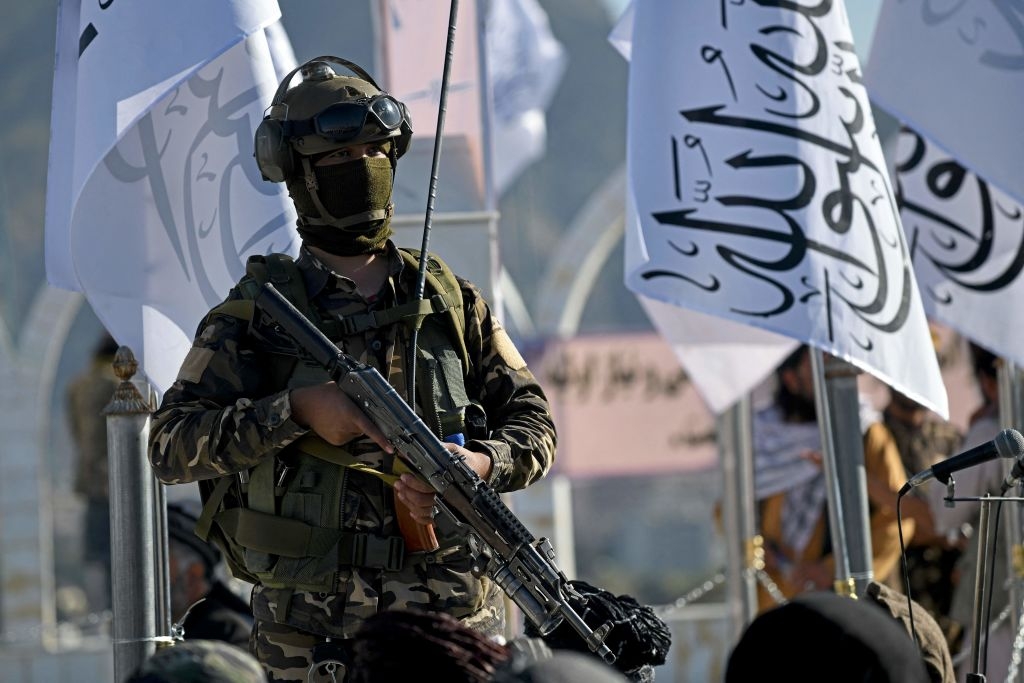Leaders in societies always worry about the basics, about how the state is actually organized. Man has certain rights; which ones? Where does he get them from? Those wonderful inalienable rights immortalized by the American revolution must come from somewhere. Usually they are attributed to Judeo-Christian values; what happens when the religions that espouse those values begin to fade? What can we turn to to explain the origins of rights once the old sources are gone?
The Gatestone Institute describes itself as a non-partisan, not-for-profit international policy council and think tank. This is from one of their papers. It is ultimately concerned with demographics and the growth of Islam--a confident religious source of values--but the direction of Catholicism excerpted here is surprising and interesting:
"George Weigel, writing in the American publication, First Things recently called Quebec "Catholicism's Empty Quarter". "There is no more religiously arid place," he wrote, "between the North Pole and Tierra del Fuego; there may be no more religiously arid place on the planet".
Sandro Magister, one of Italy's most prominent journalists on Catholic affairs, wrote, "while Rome talks, Quebec has already been lost".
Quebec's Catholic buildings are empty; the clergy is aging. Today, inside the Church of Saint-Jude in Montreal, personal fitness trainers take the place of Catholic priests. The Théatre Paradoxein Montreal now sits where the church of Notre-Dame-du-Perpétuel-Secours was before it shut. The former Christian nave is now used for concerts and conferences, while Christian hymns on Sundays are replaced by disco shows.
The Catholic Diocese of Montreal sold 50 churches and other religious buildings in the last 15 years. On May 24, 2015, the last Mass was celebrated in the famous Church of St. John the Baptist, dedicated to the patron of French Canadians. The Auxiliary Bishop of Quebec, Gaetan Proulx, said that "half of the churches in Quebec" will close in the next ten years.
In Denys Arcand's film "The Barbarian Invasions," there is a moment when a Catholic priest surveys the worthless religious art kitsch with which his diocese is burdened, to point to the irrelevance. The old priest says:
The state of Catholicism in Quebec today is indeed desperate. In 1966, there were 8,800 priests; today there are 2,600, most of whom are elderly; many live in nursing homes. In 1945, weekly mass was attended by 90% of the Catholic population; today it is 4%. Hundreds of Christian communities have simply disappeared.
The Quebec Council of the Religious Heritage has reported that in 2014 alone, a record 72 churches closed. The situation is even worse in the Archdiocese of Montreal. From 257 parishes in 1966, there were 250 in 2000, and in 2013 only 169 parishes. Christianity seemed at the risk of extinction; the Archbishop of Montreal, Christian Lépine, launched a moratorium on the sale of the churches."
The Gatestone Institute describes itself as a non-partisan, not-for-profit international policy council and think tank. This is from one of their papers. It is ultimately concerned with demographics and the growth of Islam--a confident religious source of values--but the direction of Catholicism excerpted here is surprising and interesting:
"George Weigel, writing in the American publication, First Things recently called Quebec "Catholicism's Empty Quarter". "There is no more religiously arid place," he wrote, "between the North Pole and Tierra del Fuego; there may be no more religiously arid place on the planet".
Sandro Magister, one of Italy's most prominent journalists on Catholic affairs, wrote, "while Rome talks, Quebec has already been lost".
Quebec's Catholic buildings are empty; the clergy is aging. Today, inside the Church of Saint-Jude in Montreal, personal fitness trainers take the place of Catholic priests. The Théatre Paradoxein Montreal now sits where the church of Notre-Dame-du-Perpétuel-Secours was before it shut. The former Christian nave is now used for concerts and conferences, while Christian hymns on Sundays are replaced by disco shows.

The Church of Saint-Jude in Montreal is today the "Saint-Jude spa" for "wellness worshippers," complete with personal trainers, trendy cocktail parties and custom-built crucifix-shaped benches in the changing rooms. (Image source: Montreal.TV video screenshot)
|
The Catholic Diocese of Montreal sold 50 churches and other religious buildings in the last 15 years. On May 24, 2015, the last Mass was celebrated in the famous Church of St. John the Baptist, dedicated to the patron of French Canadians. The Auxiliary Bishop of Quebec, Gaetan Proulx, said that "half of the churches in Quebec" will close in the next ten years.
In Denys Arcand's film "The Barbarian Invasions," there is a moment when a Catholic priest surveys the worthless religious art kitsch with which his diocese is burdened, to point to the irrelevance. The old priest says:
"Quebec used to be as Catholic as Spain or Ireland; everyone believed. At a precise moment, during the year 1966 in fact, the churches suddenly emptied in a matter of months. A strange phenomenon that no one has ever been able to explain"."Man without history, without culture, without country, without family and without civilization is not free: he is naked and condemned to despair", writes Quebec's philosopher, Mathieu Bock-Côté.
The state of Catholicism in Quebec today is indeed desperate. In 1966, there were 8,800 priests; today there are 2,600, most of whom are elderly; many live in nursing homes. In 1945, weekly mass was attended by 90% of the Catholic population; today it is 4%. Hundreds of Christian communities have simply disappeared.
The Quebec Council of the Religious Heritage has reported that in 2014 alone, a record 72 churches closed. The situation is even worse in the Archdiocese of Montreal. From 257 parishes in 1966, there were 250 in 2000, and in 2013 only 169 parishes. Christianity seemed at the risk of extinction; the Archbishop of Montreal, Christian Lépine, launched a moratorium on the sale of the churches."
No comments:
Post a Comment